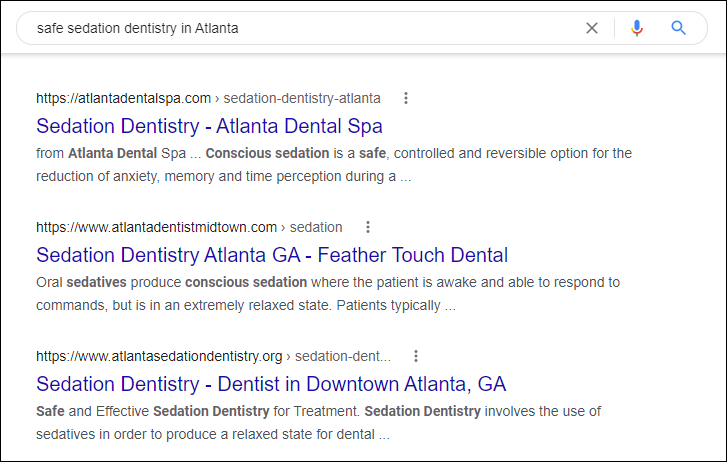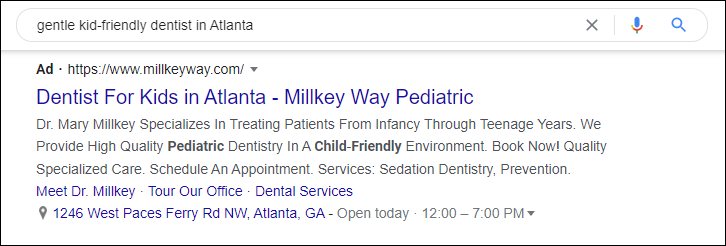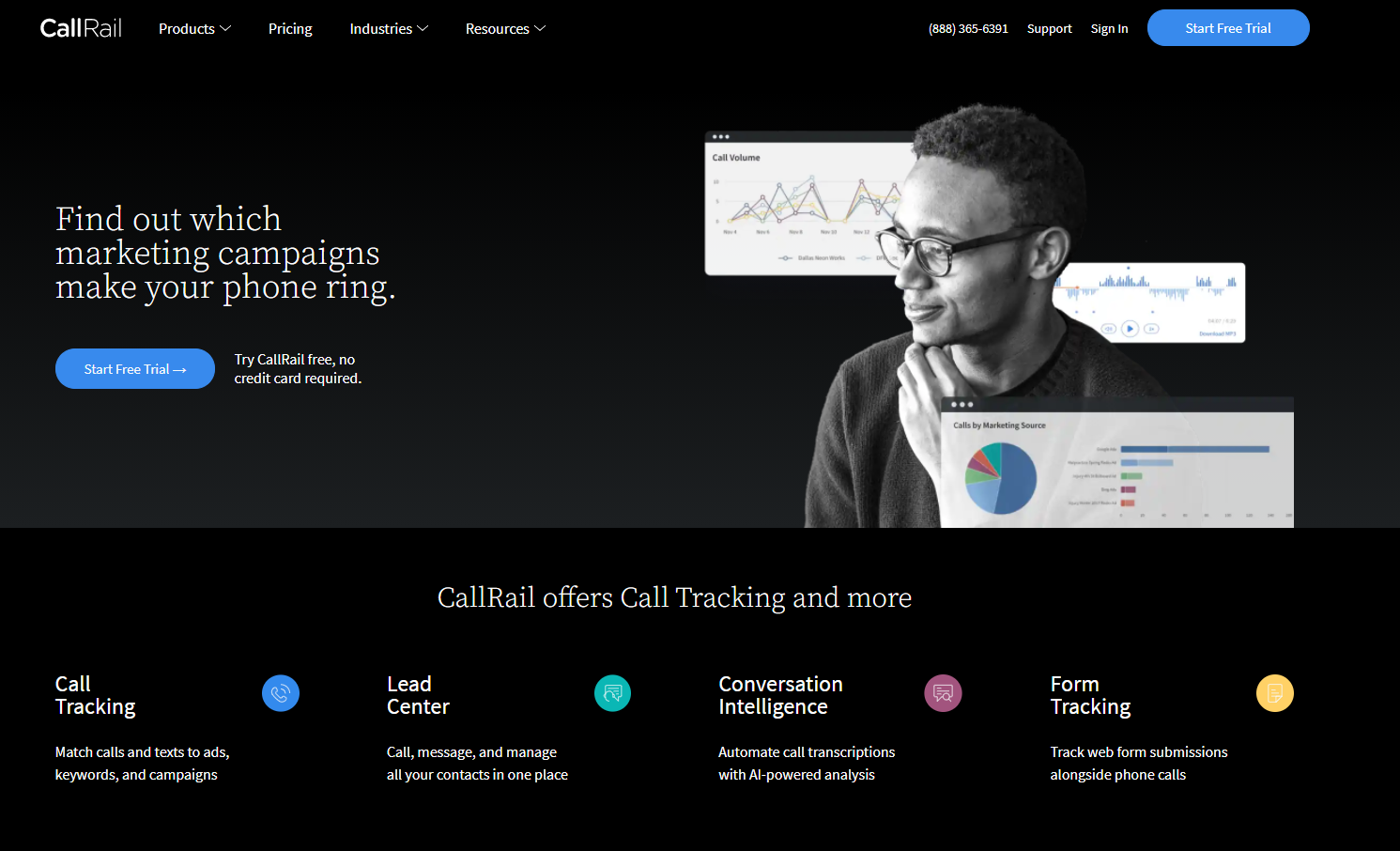When I was growing up, we had a family orthodontist that I’ll never forget. Well, I’ll never forget his office. The place was made for kids, replete with neat-o games, books, toys, and even a Sega Genesis. I think this might have been the only orthodontist that kids actually wanted to go to. Ever. That experience set his office apart, and it made it quite easy for my parents to refer his office to other families.
My childhood orthodontist understood a straightforward principle: simply being the “best” doctor isn’t always enough. In a healthcare industry that’s increasingly competitive, people look for providers that will fit their unique needs. They look for something distinct, memorable, or specialized. My erstwhile orthodontist did a lot of work for kids—braces, retainers, etc.—and he set up his office experience to accommodate that audience.
How Your USP Impacts Digital Marketing
Suffice it to say that my childhood orthodontist did very well in the community. Yet, he did it with almost no digital marketing, primarily because digital wasn’t much of a thing yet. His USP was communicated through traditional and word-of-mouth advertising.
Today, however, your USP is closely intertwined with every aspect of your digital marketing strategy. At least it should be. This article from the Journal of Medicine and Life sums it up well:
The next task for the marketing manager is to get the message across to the market, making sure that the unique selling proposition (USP) is present in all marketing messages, campaigns, and sales channels
–Journal of Medicine and Life
SEO and Keyword Strategy
Honing in on your USP will help you refine your keyword strategy and rank faster. Let’s face it; you’re going to have a hard time ranking for “best dentist in Atlanta”. But when you use your USP to narrow down why patients come to you and what makes you unique, you can target those keywords and turn them into results.

You’ll probably have better success ranking for “gentle kid-friendly dentist in Atlanta”, for example, or “safe sedation dentistry in Atlanta”. Your USP will make it easier to develop a consistent, well-rounded SEO strategy, too, including:
- Keyword research
- Target keywords list
- On-page SEO tactics
- Link building
Content
Your keyword strategy impacts your content strategy, so it follows that your USP will permeate your marketing content. Use your USP to determine the content you create, its format, and where you publish it. More importantly, use your USP to establish an authoritative voice to educate your target audience. Are you known as the regional expert in breast augmentation? If so, I’d expect your digital marketing content to build on and reiterate that reputation.
Digital Advertisements
Defining your USP is essential for creating compelling ad messaging, too. Why? Because healthcare consumers are bombarded with advertisements everywhere they look. To capture their attention, you need to use the right message and get your USP across. As it turns out, this gets a lot more precise the better you’ve defined your USP.

Communications
The tone, style, and values underlying your USP ought to shape all of your external communications. This includes website messaging and social media channels, of course. But it also includes interactions with consumers online and in-office. Heck, the snail mail you send to patients ought to reflect your USP.
Simply being the “best” doctor isn’t always enough. In a healthcare industry that’s increasingly competitive, people look for providers that will fit their unique needs. They look for something distinct, memorable, or specialized.
How to Find Your USP
Unfortunately, we find that many small healthcare practices still struggle to identify their USP (assuming they recognize its importance at all). Even some of our larger multi-location clients struggle with a clearly defined USP. The most common pitfall? Trying to be everything to everyone. Or they’re spread far too thin.
To help avoid this and other pitfalls, here are three practical approaches to defining your USP:
1. First, Ask Yourself: “What Makes Us Special?”
The answer to this question is easy if you’re the only food truck selling craft corn dogs in the city. But if you’re one of a dozen plastic surgeons within five square miles? You’ll have to dig a little deeper. Yet, you’d be surprised at the aspects of your business that define you. Don’t take your skills, experience, and background for granted! Get granular and get specific. For example:
- Think about the unique capabilities or services that you offer. My orthodontist, for example, had an amazing track record of making quality braces affordable for his community members. In time, he became known for it.
- What about special equipment or technology? My favorite example is the ads on the local radio station for a provider who treats baldness without surgery thanks to a specialized technology and technique. There you go!
- Don’t forget your special training, experience, or credentials. If you’re the only provider in a given area with a board certification for a particular procedure, you might want to lead with that. Or if all of your physical therapists have achieved a certain level of training, that might be a good differentiator, too.
- Is there a specialized audience you serve? If you’re the only regional provider for rural emergency services, start there. Think about the special need that only you fill or that you fill best.
- Highlight your superior patient experience. If I were consulting for my childhood orthodontist to create a digital marketing strategy, I’d make sure his kid-friendly environment shone through all of his marketing materials. Is there something about your patient experience that sets you apart?
2. Talk to Your Patients
I’m pretty sure my childhood orthodontist heard good things from his patients every day. What better confirmation of what’s working and what’s not? If patients are less forthcoming, you can always ask them! Why did they choose your practice if they’ve come in for the first time? How and why did they make the decision to make an appointment?
If there’s a USP hiding somewhere, your patients can help you find it. It’s probably how they found you!
3. Review Your Call Transcripts, Patient Feedback Forms, and Reviews

There are other rich sources of information about your differentiators that you probably have a lot of. Dig into your call transcripts, for example, to look at common threads, sentiments, and mentions (call tracking software can help with this). Tap into patient feedback forms and online reviews, too. There again, patients love to share in their own words what sets your practice apart.
Look for the recurrent themes.
RELATED: Podcast Ep. 10 – Call Analytics: Listen to Your Patients to Improve Conversions
How to Formalize and Communicate Your USP
With all of this information in hand, it’s time to actually write down your USP. That’s right: get your team together and write a short statement (1-3 sentences) that crystallizes your USP. This statement should be informed by the research you’ve done above, as well as any brand vision/mission statements, business plans, market analysis, and persona-building you’ve already completed.
Then, put that statement through the wringer by soliciting stakeholder review. The sooner you can get “sign-off” from people across your organization, including the leadership team, the closer you’ll be to a die-cast USP that you can put into formal brand documents for company-wide dissemination.
That kind of alignment around your USP is, at least in my view, the best safeguard against marketing strategies and messaging that doesn’t reflect what makes you different. And it starts with a formalized document, such as an internal brand guide, that people can constantly refer to.
Lastly, You Can’t be Something for Everyone
Crowd-pleasers and yes-people can achieve moderate success, but it usually doesn’t last. That’s because saying yes to all the new things isn’t sustainable. If your core competency and cash cow is braces for kids, why waste budget and cycles on implant dentistry?
The main takeaway from the blog post is to hone in on what makes you unique. “Find your niche,” as the saying goes. Embrace and own your USP. The sooner you can do that, the sooner you’ll develop more effective marketing and reach the people seeking a provider like you.
Of course, a big part of this process is not only defining what you are but defining what you’re not. Often, that’s the part that healthcare brands struggle with most.

